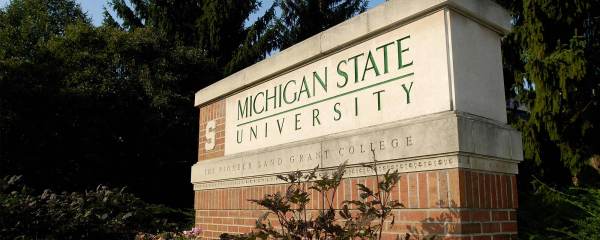AI optimism grows in higher education

Educators and students are becoming more optimistic about the role that generative artificial intelligence will play in the educational sphere, according to a report published last Thursday by the edtech firm Cengage Group.
A survey of more than 3,000 higher education students and instructors and 1,000 K-12 instructors and administrators found positive responses to generative AI. In higher education, 45% said they felt positively about the emerging technology, a rise from just 28% in 2023. In K-12, 55% reported positive views on AI, a rise from 46% in a survey last year.
“Educators and administrators remain optimistic about the potential of GenAI and are starting to realize the positive impact it can have on learning,” Kimberly Russell, a Cengage executive, said in a press release. “While we’re encouraged by this optimism, we found a significant delta – 28% difference – in reported adoption rates between both groups. Adoption and usage trends are important because they provide our product development team a more holistic view of how both markets are using GenAI in education.”
When asked about desired uses of AI, those in higher ed said they wanted tools that support language learners, detect cheating, complete administrative tasks and personalize instruction.
The survey also found that 65% of students believe they know more about generative AI than many of their instructors.




